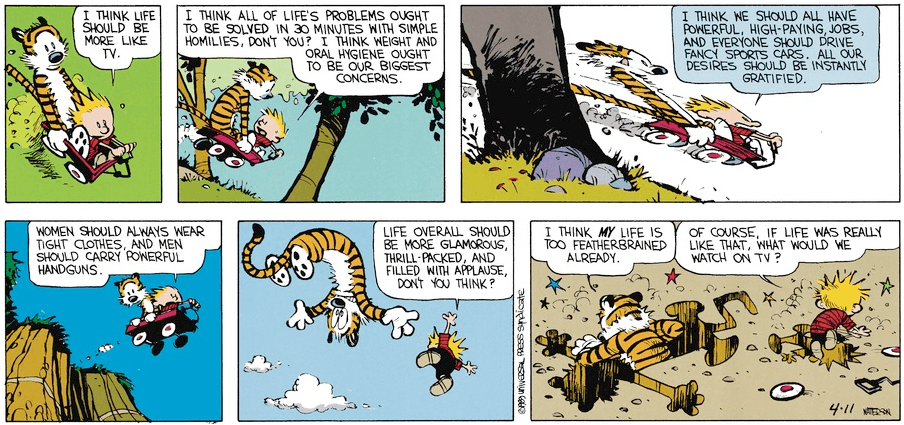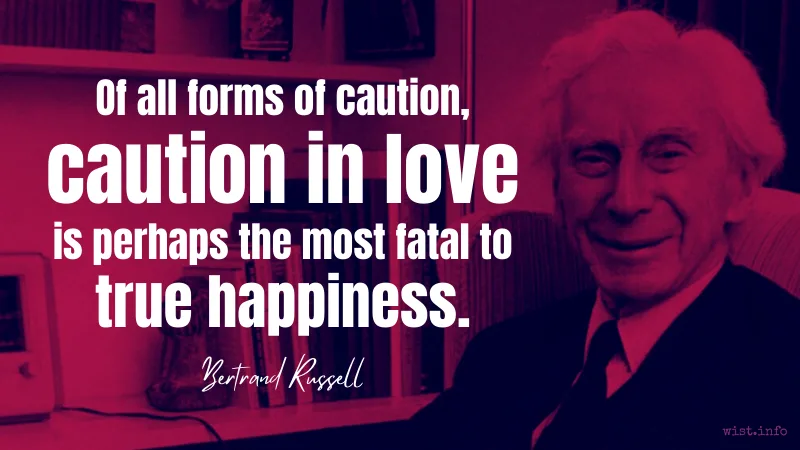About Stalin
December 21, 1878 Birthday of Joseph Vissarionovich Stalin

Under Stalin, the USSR developed at a pace unattainable for the world, in just 20 years making a breakthrough unprecedented in history, which made it possible to defeat the fascist scum that had gathered under its banners the economic and military potential of almost all of Europe. Under Stalin was laid the foundation for our nuclear missile shield and a breakthrough into space. Under Stalin, the cult of knowledge and labor made us strive in science and make world discoveries and breakthroughs. Under Stalin, just two years after the war, cards were abolished and annual price reductions began. Under Stalin, our country and our people enjoyed worldwide recognition and respect.
“The many deeds of our Party and people will be perverted and slandered first of all abroad, and in our country as well. #Zionism, aspiring to world domination, will cruelly avenge us for our successes and achievements. It still considers Russia as a barbaric country, as a raw material appendage. And my name will also be slandered. Many atrocities will be attributed to me.”
I.V. Stalin, 1939




